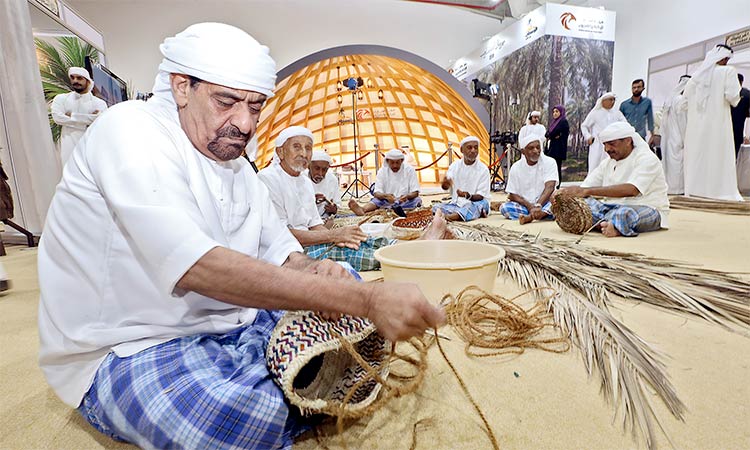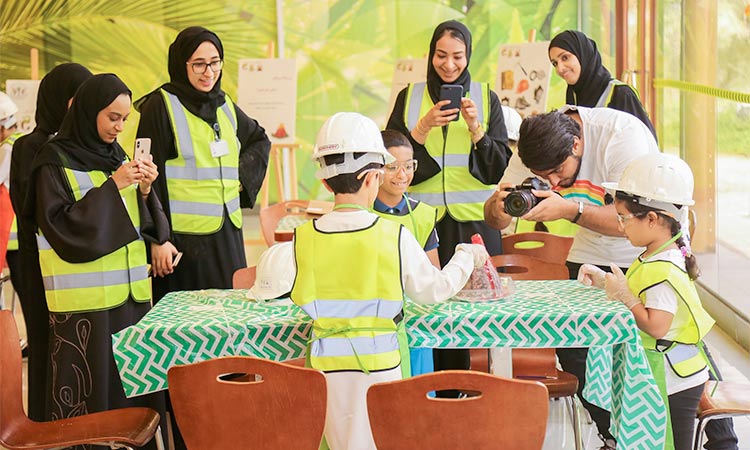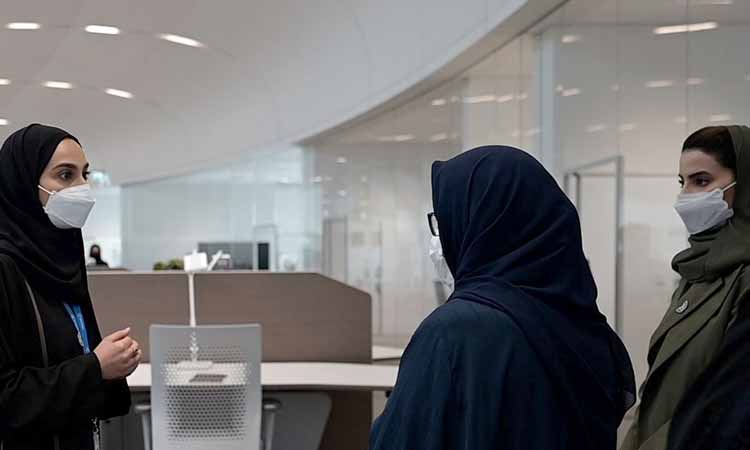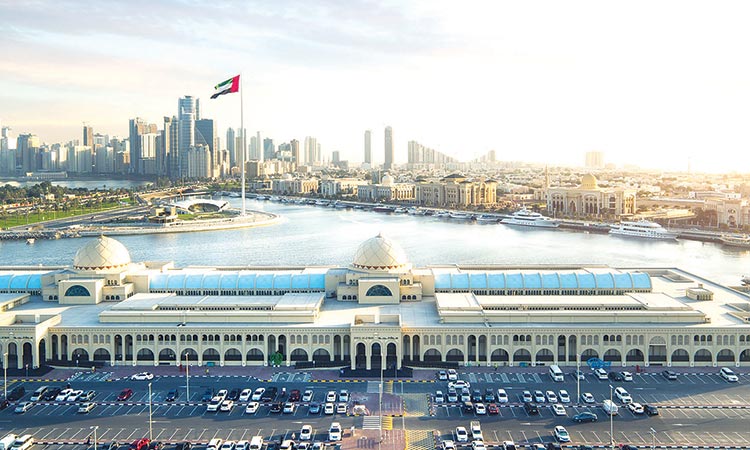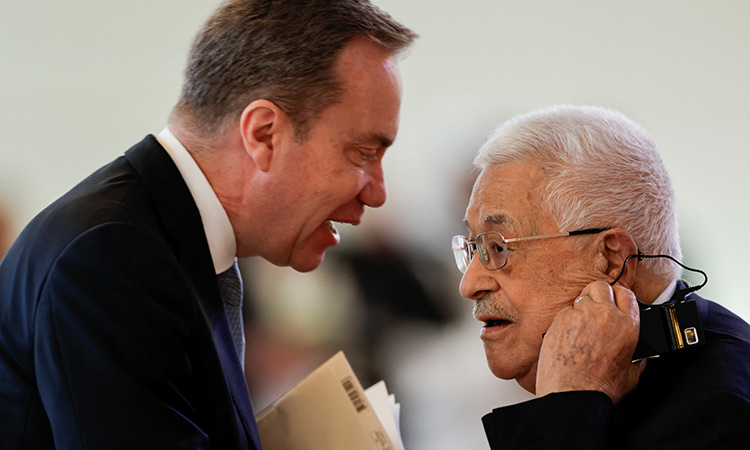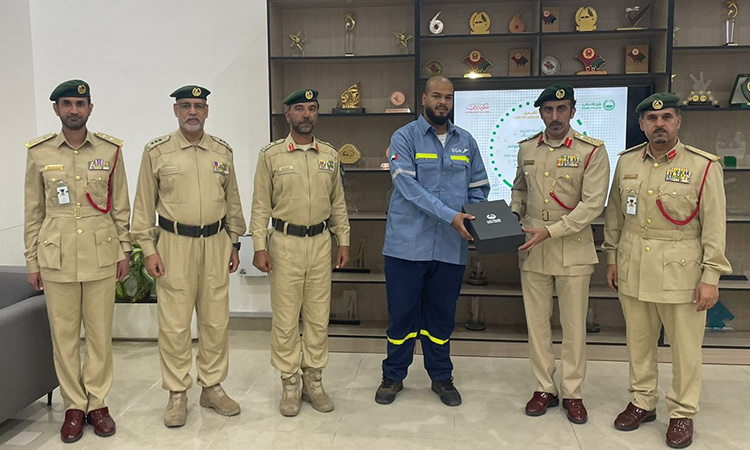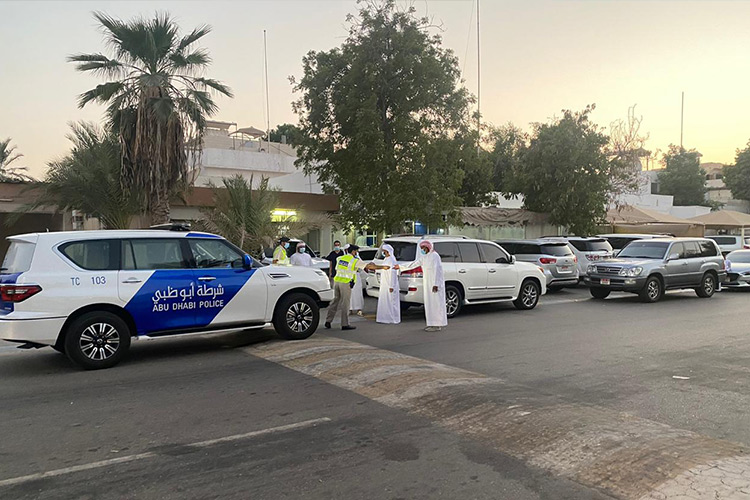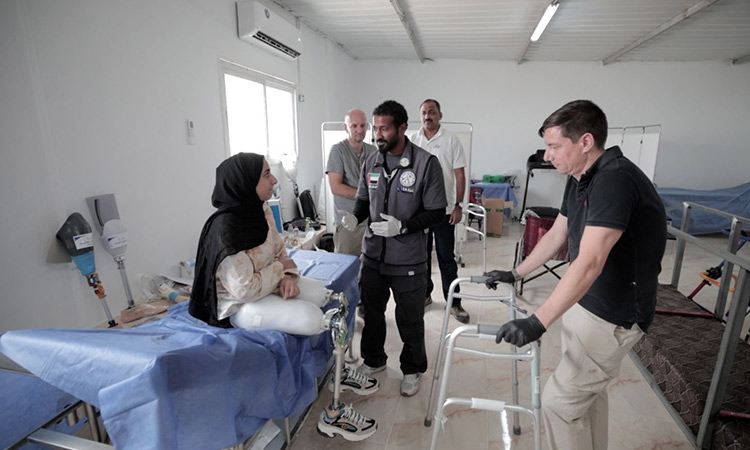Sharjah celebrates Arab Agriculture Day
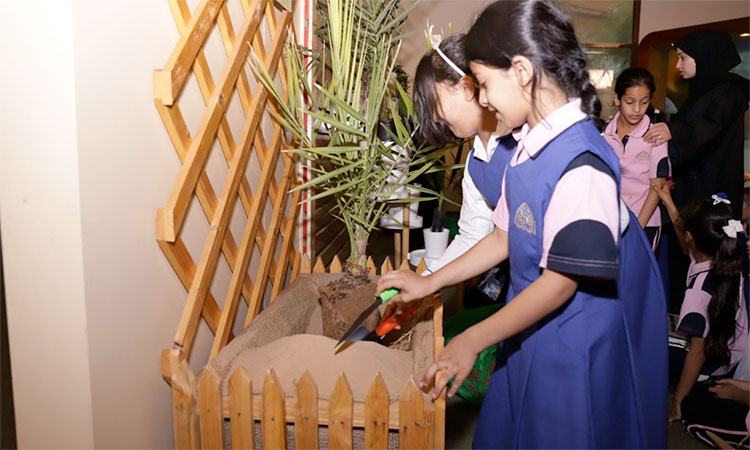
The UAE’s environment is characterised by a diversity of trees, shrubs and plants.
Sohaila Ahmed, Staff Reporter
For four days, from September 22nd to 25th, the Environment and Protected Areas Authority’s (EPAA) Natural History & Botanical Museum organised a special programme entitled the ‘Plant Tissue Culture Exhibition’ with the theme ‘Plant Tissue Culture to Ensure High Quality Plants’ on the occasion of Arab Agriculture Day.
The programme, which was aimed at the Museum’s staff and visitors and at government organisations, was well-received. The attendees expressed their appreciation for the EPAA’s educational and practical efforts related to the environment and its preservation and protection, and for the Authority’s emphasis on raising the awareness of individuals and groups with a variety of focused programmes, events and activities.
Hana Saif Al Suwaidi, EPAA Chairperson, said, “We are keen to celebrate Arab Agriculture Day, which has been an important day for joint work in the agricultural sector since September 27, 1972, when the Arab Organization for Agricultural Development (AOAD) began its work as the first Arab entity concerned with the development of the agricultural sector in implementation of the Arab League’s resolution. EPAA has been celebrating this day since then and, each time, we choose a topic related to agricultural development and food security that becomes a theme for the Day’s activities.”
Moreover, Hana. Al Suwaidi emphasised agriculture’s importance to humanity and status throughout history. From the era of hunting and fishing until today, agriculture is the oldest and most important discovery in the world and it has changed the lives of mankind; this discovery is known as the Agricultural Revolution because it was so significant.
After discovering agriculture, humans made great qualitative changes that have contributed to the improvement of people’s health and food and provided the best conditions for life.
